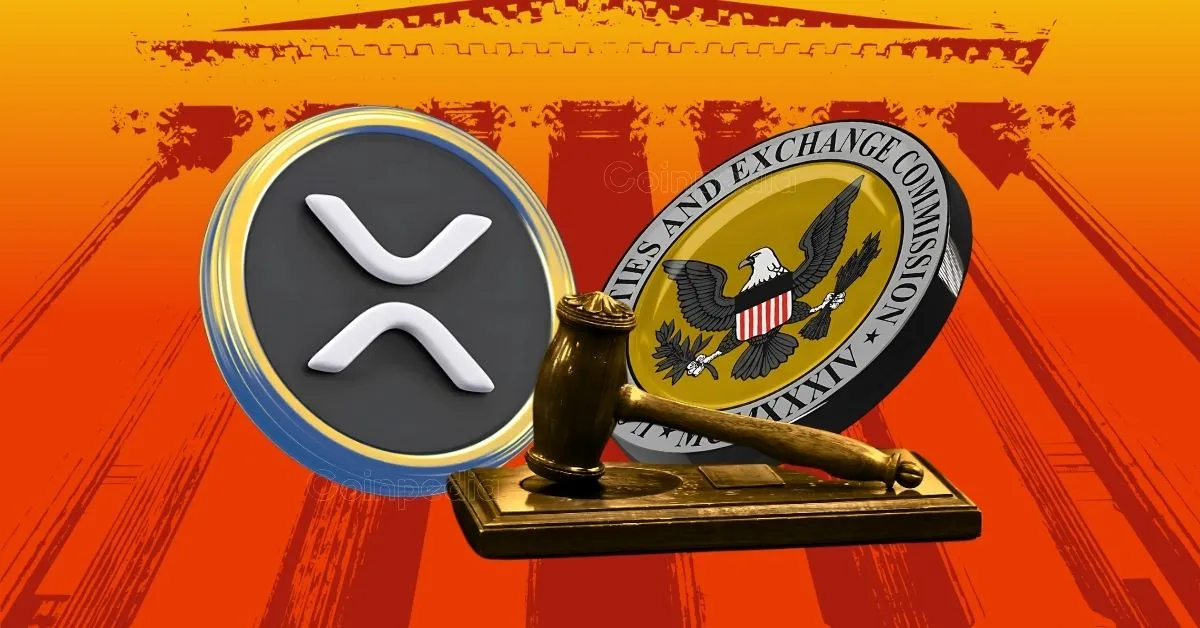
The ongoing legal battle between Ripple and the SEC might be heading for a surprising turn. If government secrets or national security interests come into play, Judge Analisa Torres could be forced to revisit some of her earlier decisions — and that could change the future of XRP in a big way.
Judge Torres recently denied the SEC’s request to lift the ban on XRP institutional sales and to reduce Ripple’s $125 million fine. If a second attempt is denied, Ripple might file a cross-appeal, which could keep the case going — and possibly delay XRP spot ETFs even further.
A social media user, Ashley Prosper, recently explained how this could happen. Judge Torres wouldn’t change her ruling just because of outside pressure. But if official documents or classified information showed that XRP was tied to national interests, the law would require the court to act.
For example, there could be a Treasury order revealing XRP’s role in a new digital reserve system, or FedNow documents hinting that XRP might be used in U.S. payment networks. The Department of Justice could also claim the lawsuit is harming America’s financial system or foreign relations.
If something like this happened, the court would have to prioritize national security and adjust the case accordingly.
There’s also a chance that the U.S. Treasury or the Federal Reserve could get involved. If either one filed a legal note or spoke to the court directly, saying XRP is part of the country’s future financial system and the lawsuit isn’t in the public interest, it could change everything. This might lead to restrictions being lifted, penalties reduced, or even the case being dropped.
While these moves are rare, they’ve happened before — usually during financial crises or issues involving national security.
If XRP is really becoming part of the U.S. financial system, this legal battle might be setting the stage for something bigger. New information or government support could quickly turn XRP into an important piece of the country’s financial future.
In other news, the SEC has pushed back its decision on 21Shares’ application for a spot XRP ETF. This follows similar delays for Franklin Templeton and Bitwise. Bloomberg analyst James Seyffart said crypto ETF approvals — including XRP — aren’t likely until late June or early July. But realistically, it might not happen until early 2025.
There’s a rare chance the Treasury or Fed could get involved, arguing XRP’s role in the financial system makes the lawsuit not in the public interest.
Government support could lead to lifted restrictions, reduced penalties for Ripple, or even the case being dropped, speeding up XRP’s integration
Speculation suggests XRP could become a key part of the U.S. financial future, potentially linked to a new digital reserve system or payment networks.
Bloomberg analyst James Seyffart suggests XRP ETF approvals are unlikely until late June or early July 2025, or possibly even early 2026.
The US crypto regulation has changed dramatically in 2025, with the Trump administration adopting a…
Story Highlights The live price of the Algorand is Price predictions suggest ALGO could reach…
Story Highlights The live price of the Avalanche is . Price predictions for 2025 suggest…
Pepe Coin’s 2021 meteoric rise showed how quickly a meme token can explode. Today, traders…
Cardano's price has dropped 1.88% to $0.7908 but is still a top long-term crypto bet,…
Shiba Inu coin's recent market performance has shown signs that the meme coin might be…